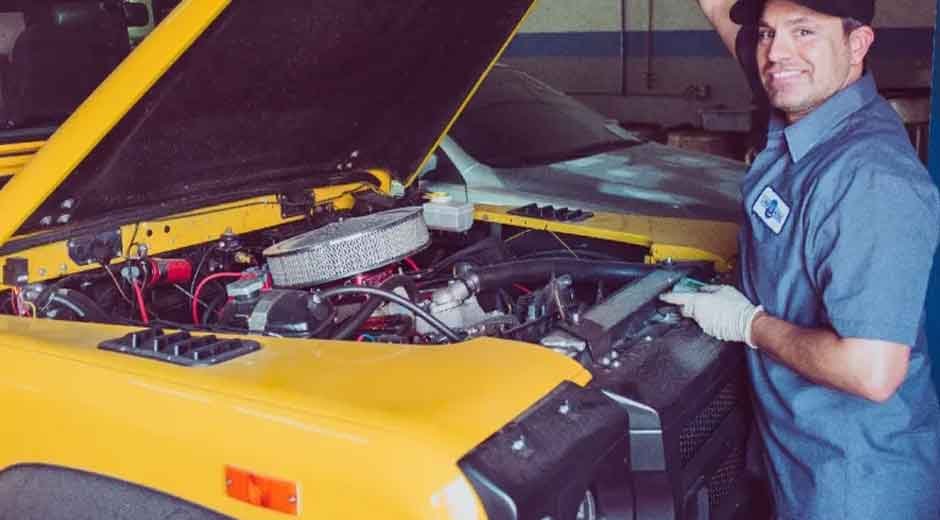Maintaining your vehicle goes far beyond washing the exterior and keeping the tires inflated. One of the most crucial—but often overlooked—aspects of car care is understanding and maintaining your vehicle’s fluids. These liquids are the lifeblood of your car, ensuring smooth operation, preventing wear and tear, and keeping you safe on the road. From engine oil to brake fluid, knowing what each fluid does and how to maintain it is essential for any driver.
Table of Contents
Engine Oil: The Heart of Your Car
Engine oil is arguably the most critical fluid in your vehicle. Its primary function is to lubricate the moving parts inside your engine, reducing friction and preventing overheating. Over time, engine oil breaks down and becomes less effective, which can lead to increased wear, engine damage, and even costly repairs.
Checking your engine oil is simple: locate the dipstick under the hood, wipe it clean, reinsert it, and then check the level. The color can also indicate its condition—fresh oil is amber, while dark, dirty oil signals it’s time for a change. Typically, most manufacturers recommend changing engine oil every 3,000 to 7,500 miles, depending on your vehicle and driving habits.
Transmission Fluid: Smooth Shifting Matters
Transmission fluid keeps your vehicle’s gears moving smoothly. Whether your car has an automatic or manual transmission, the fluid reduces friction, cools the transmission, and ensures reliable shifting. Low or dirty transmission fluid can cause rough shifts, slipping gears, or even complete transmission failure.
Checking transmission fluid usually requires the engine to be warm and running. The fluid should be pink or red and have a slightly sweet smell. Brown or burnt-smelling fluid is a warning sign that it needs replacing. Regularly servicing your transmission fluid prolongs the life of your transmission and enhances overall driving performance.
Coolant/Antifreeze: Preventing Overheating
Coolant, often called antifreeze, is essential for regulating your engine’s temperature. It circulates through the engine and radiator, absorbing excess heat and preventing overheating. During winter, it also prevents the coolant from freezing, which could cause severe engine damage.
Coolant levels should be checked when the engine is cold. Most vehicles have a transparent reservoir with “min” and “max” markings. If the fluid is low, top it up with the correct type of coolant for your car. Flushing and replacing coolant every two to five years, depending on your vehicle, keeps the cooling system efficient and prevents corrosion inside the radiator.
Brake Fluid: Safety First
Brake fluid is a vital component of your vehicle’s braking system. It transmits the force from your foot on the brake pedal to the brake pads, allowing your car to stop effectively. Low or contaminated brake fluid can lead to spongy brakes or even brake failure, making it a serious safety concern.
Brake fluid is hygroscopic, meaning it absorbs moisture over time, which reduces its effectiveness. Most manufacturers recommend replacing brake fluid every two years, but checking the reservoir regularly for color and level is a good habit. Clear or light amber fluid is healthy, while dark fluid signals it’s time for a change.
Power Steering Fluid: Effortless Maneuvering
Power steering fluid helps make steering easier and smoother. Without it, turning the wheel can feel heavy, particularly at low speeds or when parking. Low fluid levels can lead to whining noises, jerky steering, or even damage to the power steering pump.
Checking power steering fluid is straightforward: locate the reservoir under the hood, remove the cap, and check the level against the markings. Top it off with the type specified in your owner’s manual. Maintaining proper fluid levels ensures you have precise control over your vehicle in any situation.
Windshield Washer Fluid: Clear Vision Matters
Although not mechanical, windshield washer fluid plays an important role in safety. It helps keep your windshield clear of dirt, debris, and insects, improving visibility during driving. During winter, washer fluid with antifreeze properties prevents freezing and allows you to clean your windshield in cold conditions.
Check the washer fluid reservoir regularly and refill it as needed. While it doesn’t affect the engine or brakes, having a clear view of the road is essential for safe driving.
In Conclusion
Essential vehicle fluids are far more than just liquids under the hood—they are vital for your car’s performance, longevity, and overall safety. Regularly monitoring and maintaining engine oil, transmission fluid, coolant, brake fluid, power steering fluid, and windshield washer fluid, combined with proper fluid filtration, helps prevent costly repairs and ensures your vehicle operates at its best. By understanding the role of each fluid and keeping it clean and at the right level, you can drive confidently, knowing your car is well-maintained.
A small investment of time in checking and filtering fluids today can save you from major issues tomorrow. With consistent care, your vehicle will reward you with reliability, safety, and smooth performance on every journey.
